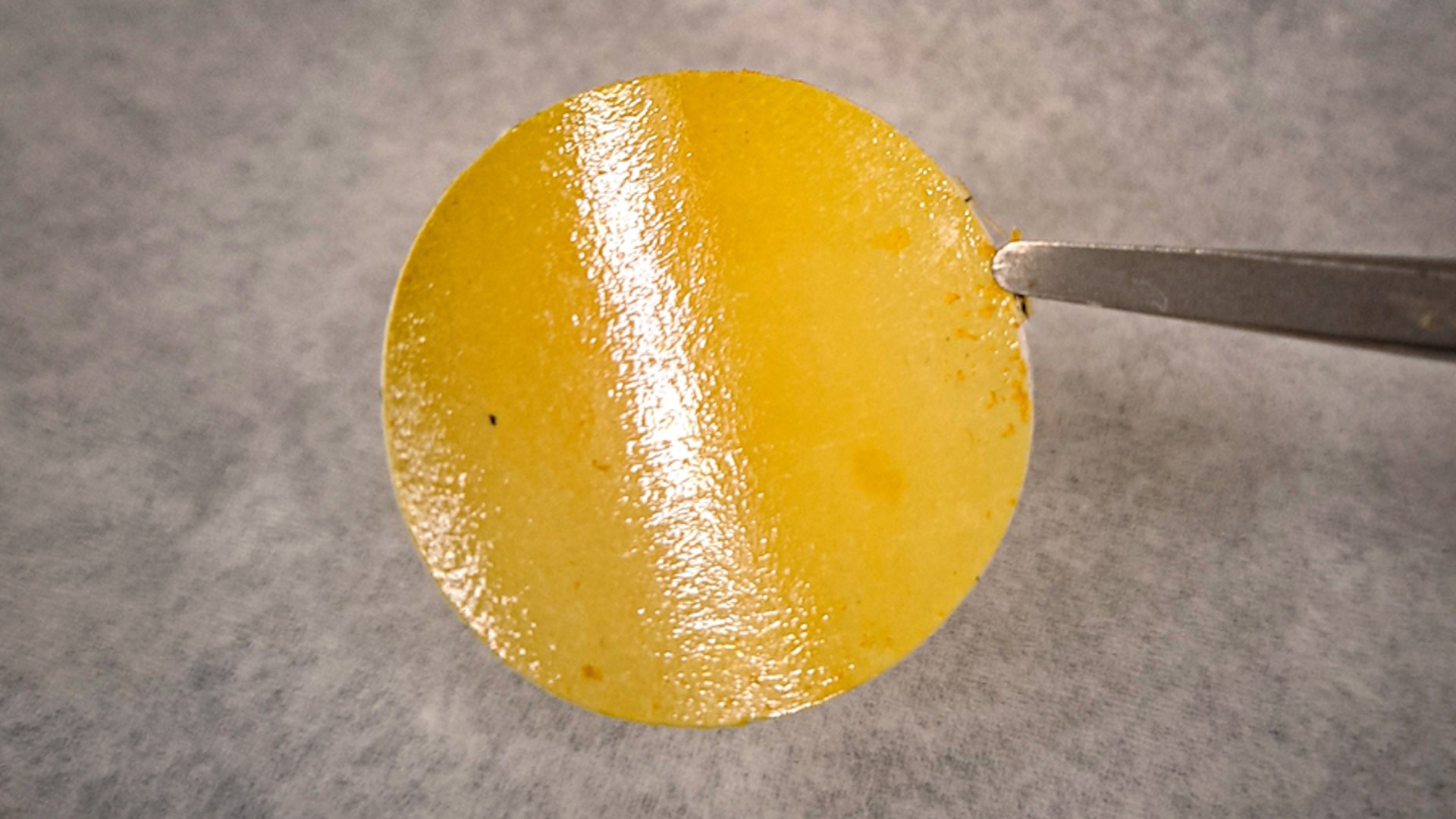MIT Engineers Develop Crude Oil Separation Process Cutting Carbon Pollution by 90%

Chemical engineers at MIT have invented a novel crude oil separation process promising to slash harmful carbon pollution by up to 90%. The current method, using heat to separate crude oil into gasoline, diesel, and heating oil, contributes roughly 1% of global energy consumption and 6% of CO2 pollution. The MIT team's innovation employs a polymer membrane acting like a sieve, separating crude oil components based on size and shape, similar to reverse osmosis in water desalination. Addressing previous challenges of membrane swelling, they modified the membrane's chemical bonds to improve hydrocarbon permeability. This breakthrough offers a significant leap towards more efficient and cleaner oil processing, and opens doors for applying similar membrane technologies to other complex organic mixtures.